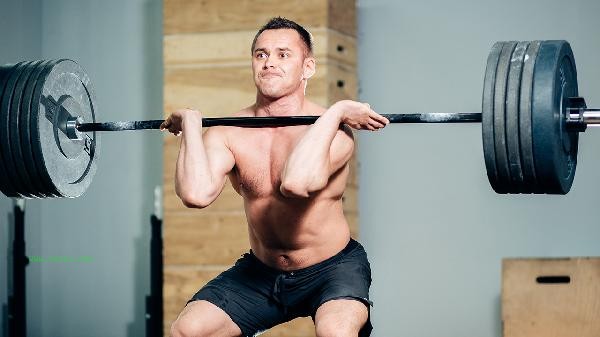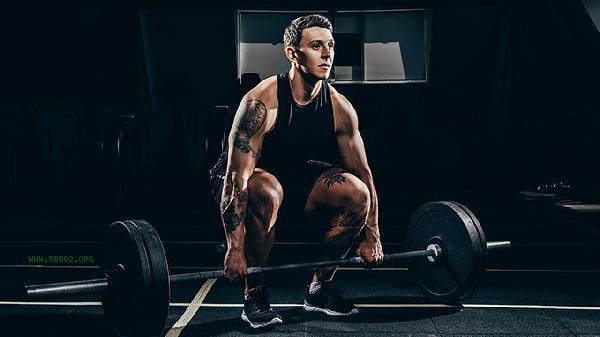The main purpose of consuming carbohydrates during fitness is to provide energy, promote muscle recovery, and maintain athletic performance. Carbohydrates are the main source of energy for the human body, especially during exercise, which can quickly provide energy, avoid muscle breakdown, and help protein be used more efficiently for muscle repair. Carbohydrates play a crucial role in fitness. During exercise, the body preferentially depletes glycogen reserves, which are converted from carbohydrates. Moderate intake of carbohydrates can delay fatigue, increase training intensity and duration. After high-intensity training, supplementing carbohydrates can quickly replenish glycogen reserves, reduce muscle protein breakdown, and promote muscle synthesis. For strength trainers, a combination of carbohydrates and protein intake can further optimize recovery effects, such as consuming rice with chicken breast after training.

Some populations may experience reduced exercise performance due to a low carbohydrate diet. Long term intake of low-carbon water can lead to glycogen deficiency, and symptoms such as fatigue, dizziness, and even muscle loss may occur during exercise. However, it should be noted that excessive intake of refined carbohydrates may lead to fat accumulation. It is recommended to choose compound carbohydrates such as whole grains and potatoes, control the total amount, and adjust according to exercise intensity. Patients with diabetes or insulin resistance should adjust their intake under the guidance of doctors.

It is recommended to allocate carbohydrate intake reasonably according to the type and intensity of exercise during fitness. Aerobic exercisers can increase the carbon water ratio appropriately, while strength trainers need to pay attention to carbon water supplementation before and after training. Simultaneously combining high-quality protein and healthy fats to ensure a balanced nutrition. Avoid relying on high sugar snacks, prioritize low glycemic index foods such as oats, brown rice, vegetables, and fruits, and pay attention to hydration and adequate sleep to comprehensively improve exercise effectiveness.








Comments (0)
Leave a Comment
No comments yet
Be the first to share your thoughts!